There are different tactics and strategies to pay off debt easier and faster. They apply to personal loans, student loans, mortgages, and credit card debt. You need to know repayment methods to get you out of debt faster.
Know These Terms
If you have existing debt or plan to take some on, it is essential to understand these terms.
- Interest: The amount you pay for using borrowed money
- Interest rate: The percentage to be paid back in addition to the amount borrowed
- Minimum payment: The least amount needed to pay to the lender each month
- Total balance: Principal and interest required to pay the lender
- Fees: Any penalties for late payments and loan origination fees
You are not alone if you have credit cards, car loans, or student debt. The total national household debt has reached $14.56 trillion. Worrying about debt has become a national epidemic. People seem to believe being in debt is a normal way of life.
The possibility of being debt-free seems like an unapproachable goal. Many people are paying on car loans with a balance greater than the car is worth or credit card purchases that will cost three times more than the original purchase due to high-interest rates. The good news is you can eliminate being stuck making bigger than necessary payments.
Debt
If you owe someone money, you are in debt. Non-mortgage debt includes
- Car loans
- Credit cards
- Home equity loans
- IRS and government debt
- Medical debt
- Payday loans
- Personal loans
- Student loans
Bills, such as utilities, water, and electricity, are not considered debt. They are monthly expenses. Neither childcare, groceries, taxes, and car or home insurance are considered debt. How you pay for routine expenses can turn into debt.
You flirt with danger if you pay for electricity, utilities, or groceries with a credit card. Missing one credit card payment can put you on the path of accumulating debt. A mortgage is the only type of debt financial advisors do not argue against if the payments are not greater than 25 percent of monthly take-home pay and a 15-year, fixed-rate mortgage. Give debt the boot as soon as possible. Take inventory of the amount you owe and formulate a plan to get out of debt. You cannot bury your head in the sand.
Debt Reduction Strategies that Do Not Work
It is not easy to pay off debt. There is some buzz about ‘quick’ ways to eliminate debt. Often, what sounds too good to be true, is. Steer clear of these options
- Debt consolidation
- Debt settlement
- 401(k) loans
- Home equity line of credit
Debt consolidation combines all debt into a single payment. While that may sound like a smart idea, the lifespan of the loans increases. You stay in debt longer. Attractive low-interest rates usually increase over time also. You are adding interest when you stretch out the time it takes to pay off debt. Avoid this option.
Run from the option of debt settlement. These companies charge a fee and promise to negotiate with creditors to reduce your debt. Typically, they take your money and do nothing, leaving you responsible for the entire debt.
Do not borrow from a 401(k) to pay off debt. It is subject to penalties, fees, and taxes on the withdrawal. You want that money to be an investment for your future retirement, not pay for past mistakes.
Borrowing against your home is never a wise idea. You risk losing your home if you cannot repay the loan on time. It is not worth the risk.
All the options mentioned above treat the symptoms of the problem but do not address the cause that landed you in debt in the first place. You do not need to borrow, settle, or consolidate to deal with debt. The way you handle money must change. Unless you do, things will never change.
The Smart Way to Pay Off Debt
The first step to handling money is to live on a budget. You will never get ahead if you spend more than you make each month. Commit to the philosophy that debt is bad because it is. If living on a budget is new to you, it may take a little while to get into a rhythm and work out the kinks. It is worth the effort.
A budget helps keep you on track as you pay off debt. Having a budget does not put an end to things you enjoy. It gives you the freedom to spend money without guilt and provides peace of mind from knowing where your money is going.
Debt Snowball Method
When you have a budget set up, you can start to pay off debt. The debt snowball method is the best to use. Many financial advisors recommend it. Momentum increases as you pay off debt from smallest to largest.
Some people feel they should first pay off the largest debt or those with high-interest rates. The math makes sense. However, paying off debt is more than numbers. You need to see quick results and feel you are making progress if you are going to stick with the process. The debt snowball helps you achieve those goals.
How to Use the Debt Snowball Method
- List all non-mortgage debts from smallest to largest balance without regard to the interest rates.
- Make minimum payments on each one except the smallest. Put any extra money toward that account, whether it is $100 or $1000 or more. Clear that debt as soon as possible.
- When the smallest debt is paid, add the amount you were paying on it to the next-smallest debt. The amount you have to spend on that one has increased and will be paid off sooner than making minimum payments.
- Continue the process until the last debt is paid.
The process may take 18 months or several years or more. Regardless of how long it takes, you have committed to being debt-free, and each extra payment gets you closer to that goal.
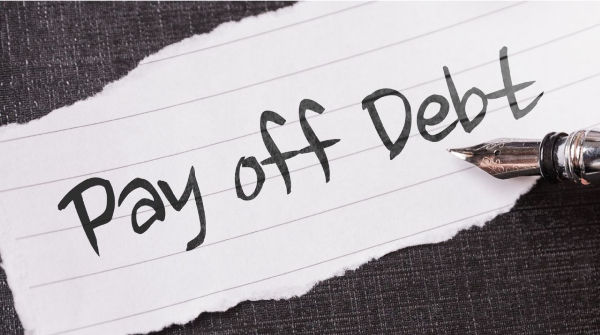

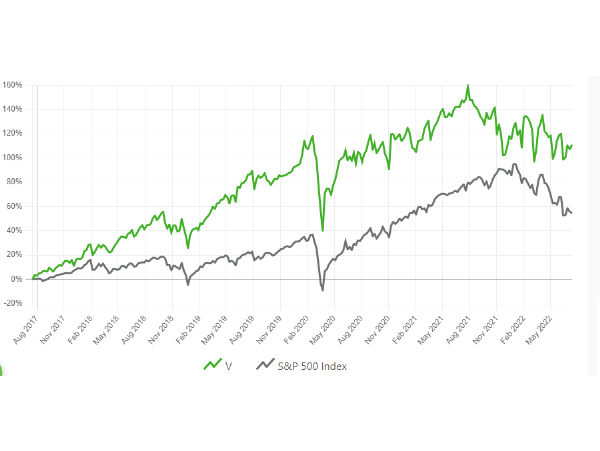
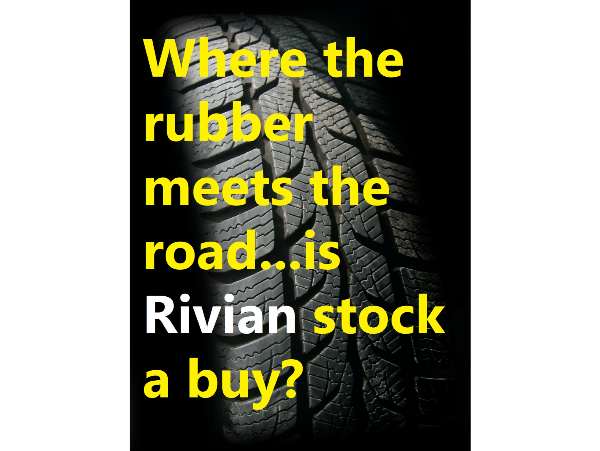
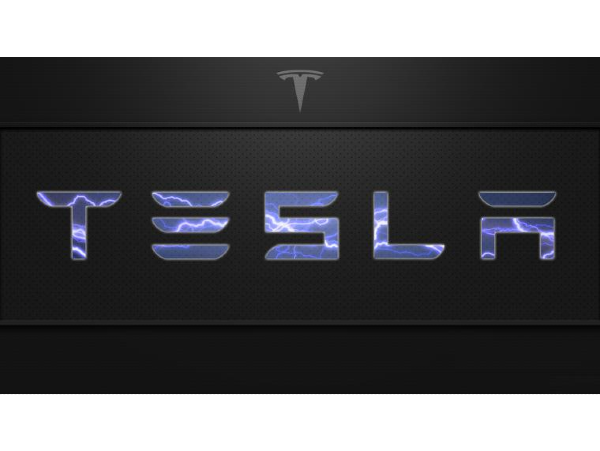
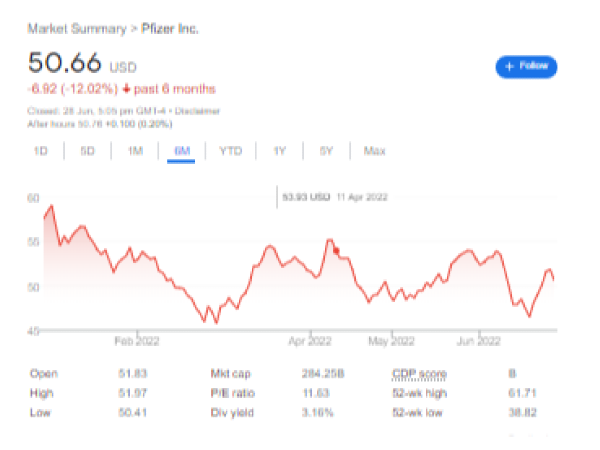
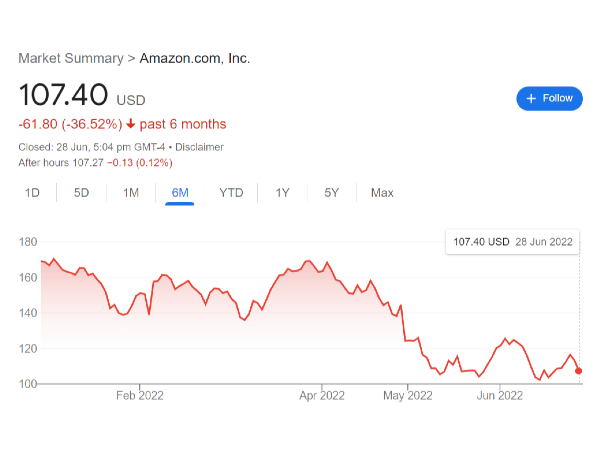
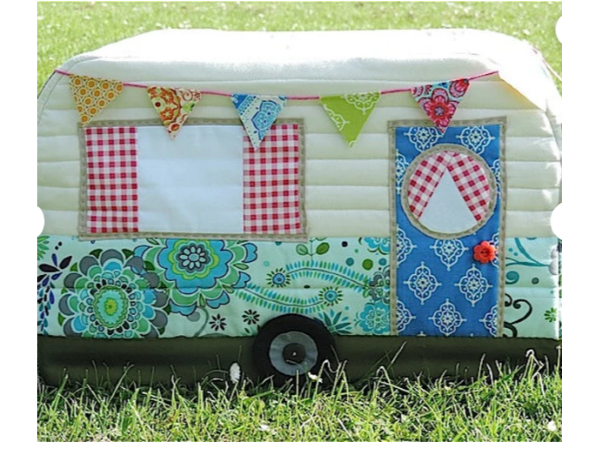


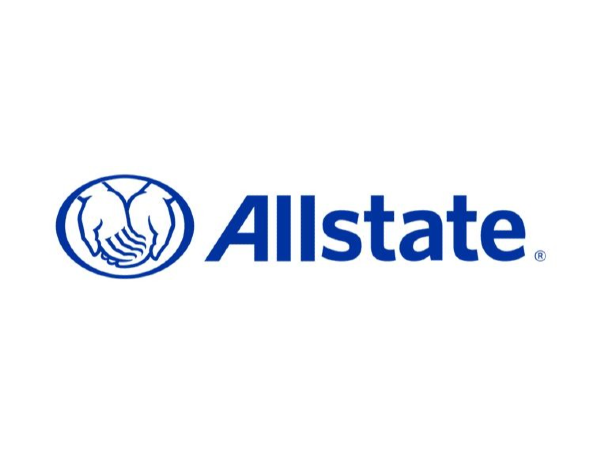
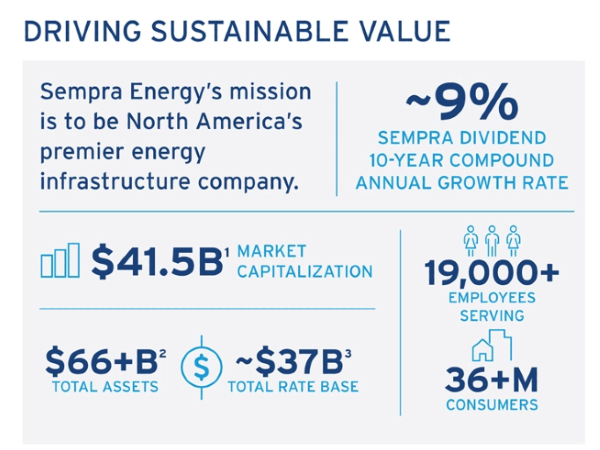
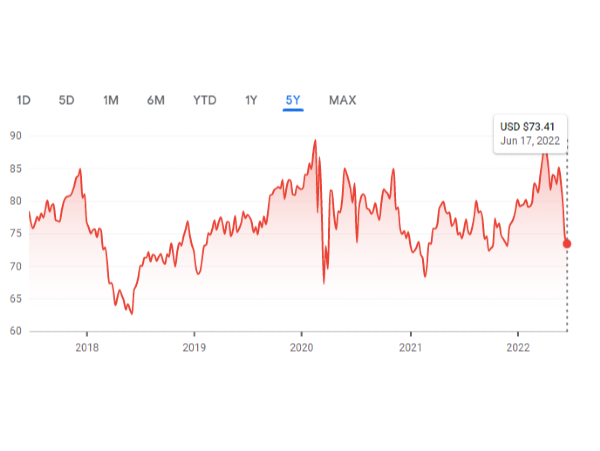


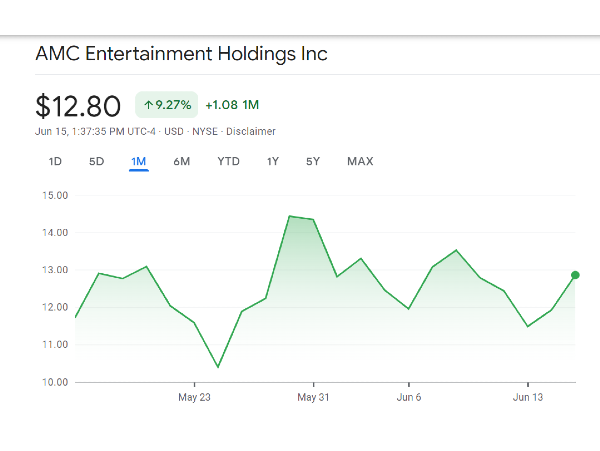
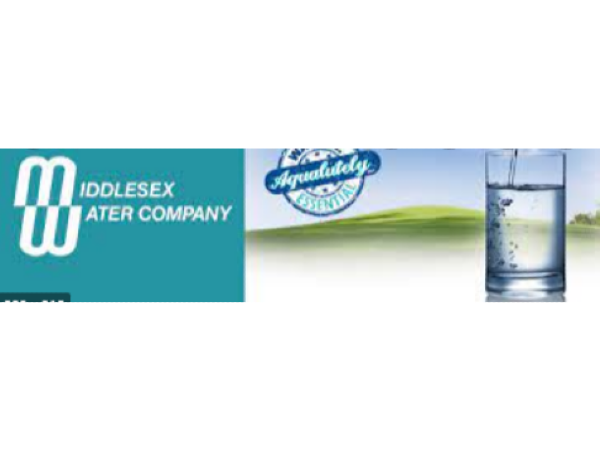

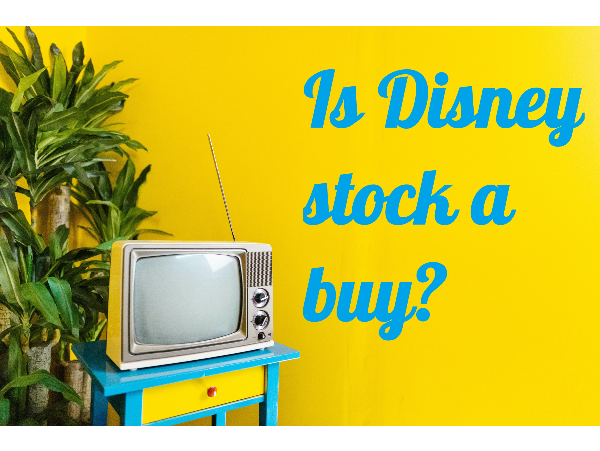









There are different tactics and strategies to pay off debt easier and faster. They apply to personal loans, student loans, mortgages, and credit card debt. You need to know repayment methods to get you out of debt faster.
Know These Terms
If you have existing debt or plan to take some on, it is essential to understand these terms.
You are not alone if you have credit cards, car loans, or student debt. The total national household debt has reached $14.56 trillion. Worrying about debt has become a national epidemic. People seem to believe being in debt is a normal way of life.
The possibility of being debt-free seems like an unapproachable goal. Many people are paying on car loans with a balance greater than the car is worth or credit card purchases that will cost three times more than the original purchase due to high-interest rates. The good news is you can eliminate being stuck making bigger than necessary payments.
Debt
If you owe someone money, you are in debt. Non-mortgage debt includes
Bills, such as utilities, water, and electricity, are not considered debt. They are monthly expenses. Neither childcare, groceries, taxes, and car or home insurance are considered debt. How you pay for routine expenses can turn into debt.
You flirt with danger if you pay for electricity, utilities, or groceries with a credit card. Missing one credit card payment can put you on the path of accumulating debt. A mortgage is the only type of debt financial advisors do not argue against if the payments are not greater than 25 percent of monthly take-home pay and a 15-year, fixed-rate mortgage. Give debt the boot as soon as possible. Take inventory of the amount you owe and formulate a plan to get out of debt. You cannot bury your head in the sand.
Debt Reduction Strategies that Do Not Work
It is not easy to pay off debt. There is some buzz about ‘quick’ ways to eliminate debt. Often, what sounds too good to be true, is. Steer clear of these options
Debt consolidation combines all debt into a single payment. While that may sound like a smart idea, the lifespan of the loans increases. You stay in debt longer. Attractive low-interest rates usually increase over time also. You are adding interest when you stretch out the time it takes to pay off debt. Avoid this option.
Run from the option of debt settlement. These companies charge a fee and promise to negotiate with creditors to reduce your debt. Typically, they take your money and do nothing, leaving you responsible for the entire debt.
Do not borrow from a 401(k) to pay off debt. It is subject to penalties, fees, and taxes on the withdrawal. You want that money to be an investment for your future retirement, not pay for past mistakes.
Borrowing against your home is never a wise idea. You risk losing your home if you cannot repay the loan on time. It is not worth the risk.
All the options mentioned above treat the symptoms of the problem but do not address the cause that landed you in debt in the first place. You do not need to borrow, settle, or consolidate to deal with debt. The way you handle money must change. Unless you do, things will never change.
The Smart Way to Pay Off Debt
The first step to handling money is to live on a budget. You will never get ahead if you spend more than you make each month. Commit to the philosophy that debt is bad because it is. If living on a budget is new to you, it may take a little while to get into a rhythm and work out the kinks. It is worth the effort.
A budget helps keep you on track as you pay off debt. Having a budget does not put an end to things you enjoy. It gives you the freedom to spend money without guilt and provides peace of mind from knowing where your money is going.
Debt Snowball Method
When you have a budget set up, you can start to pay off debt. The debt snowball method is the best to use. Many financial advisors recommend it. Momentum increases as you pay off debt from smallest to largest.
Some people feel they should first pay off the largest debt or those with high-interest rates. The math makes sense. However, paying off debt is more than numbers. You need to see quick results and feel you are making progress if you are going to stick with the process. The debt snowball helps you achieve those goals.
How to Use the Debt Snowball Method
The process may take 18 months or several years or more. Regardless of how long it takes, you have committed to being debt-free, and each extra payment gets you closer to that goal.